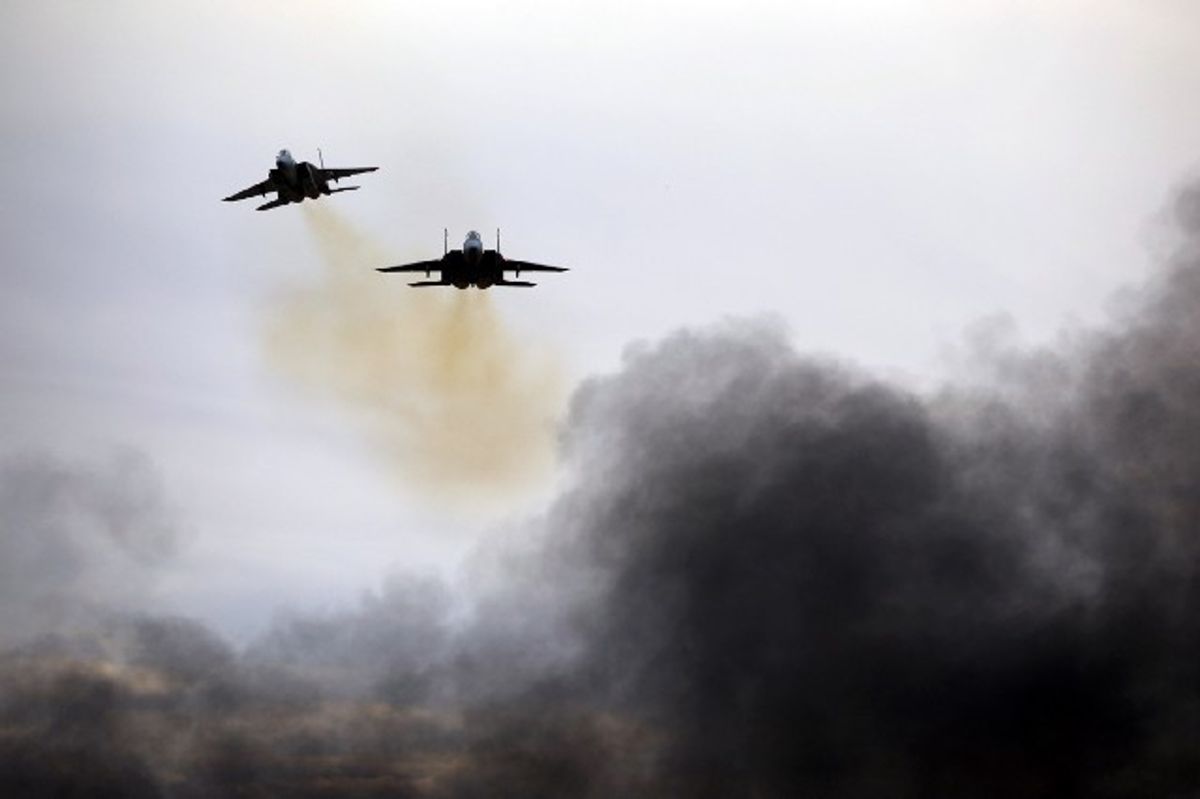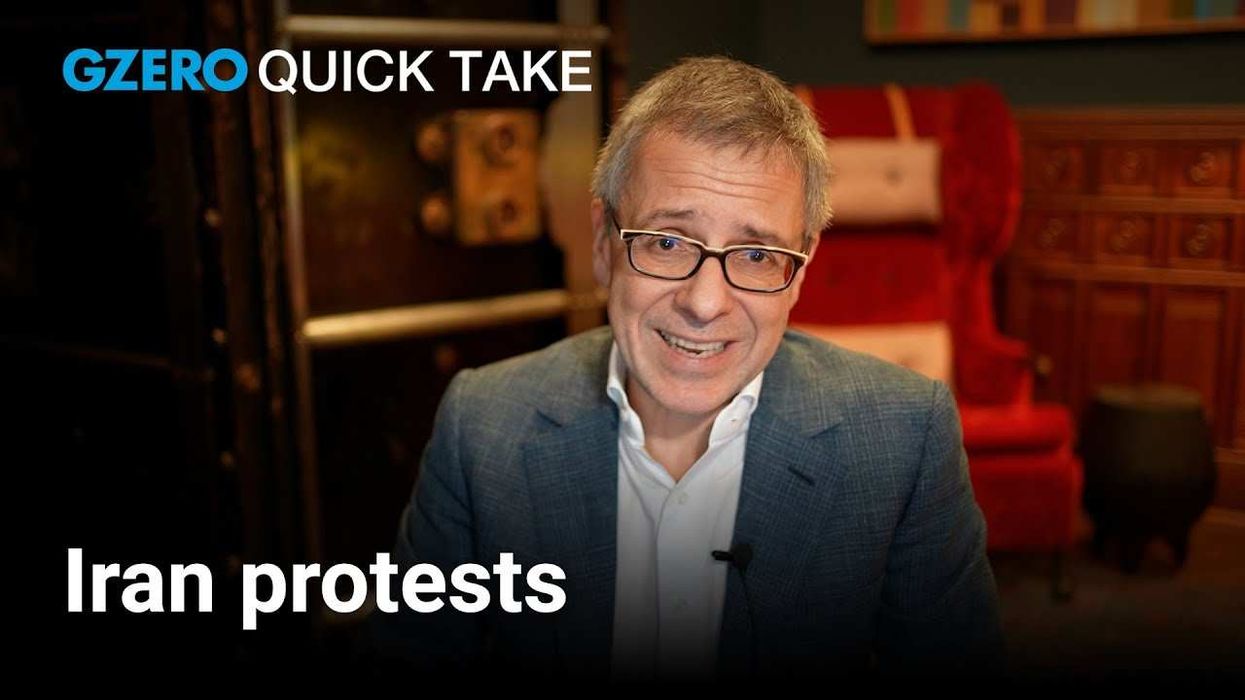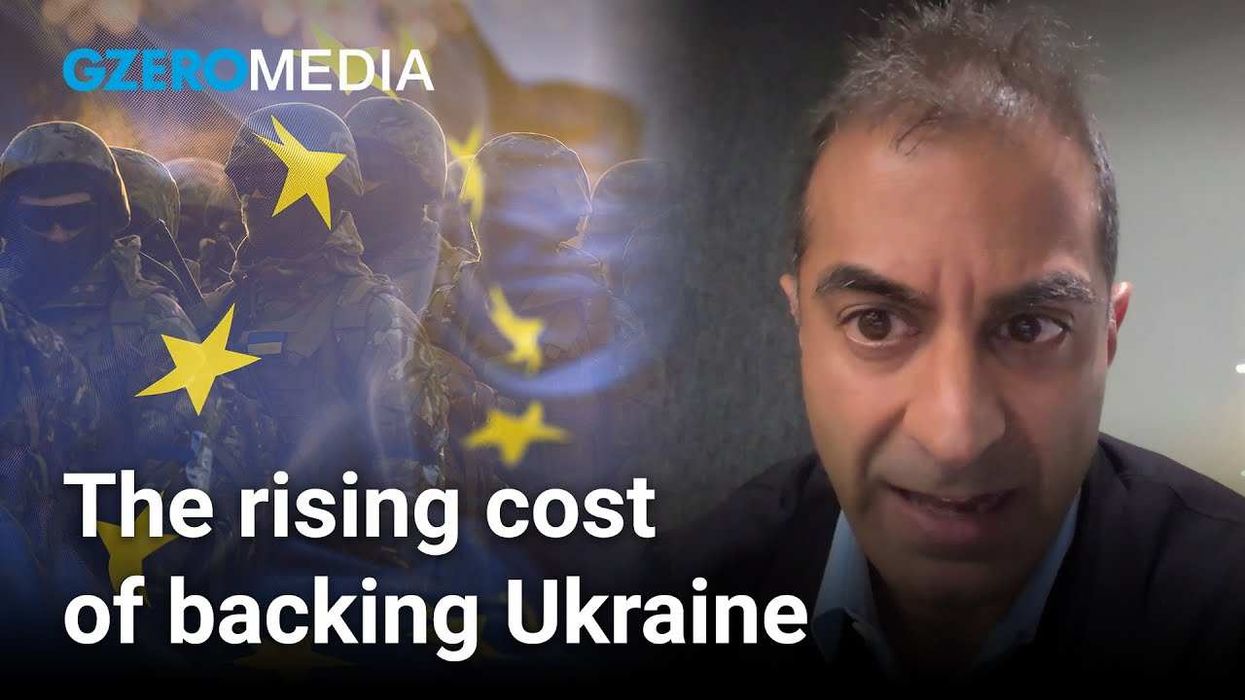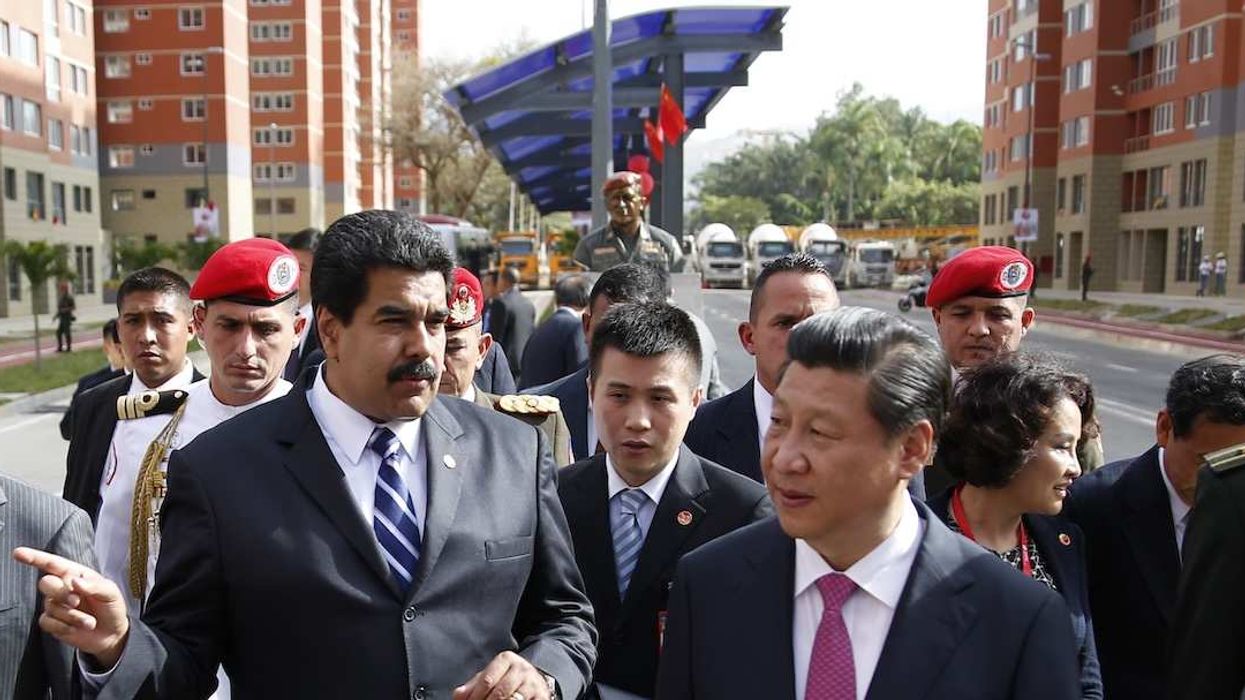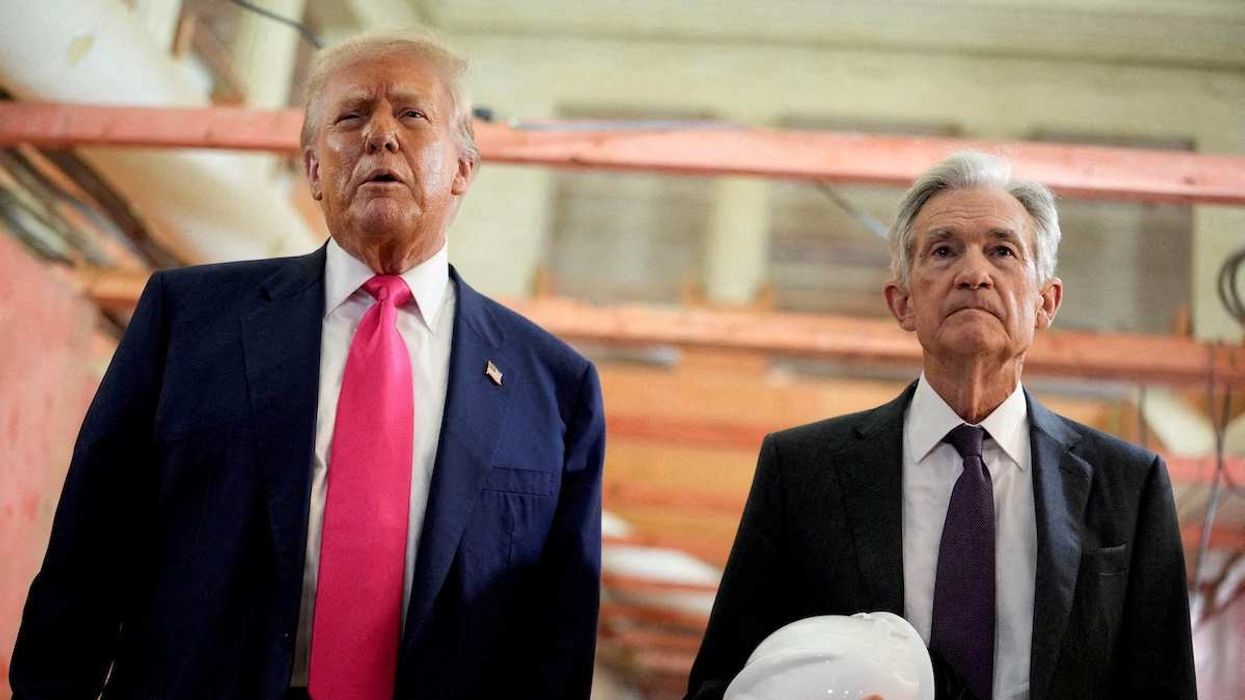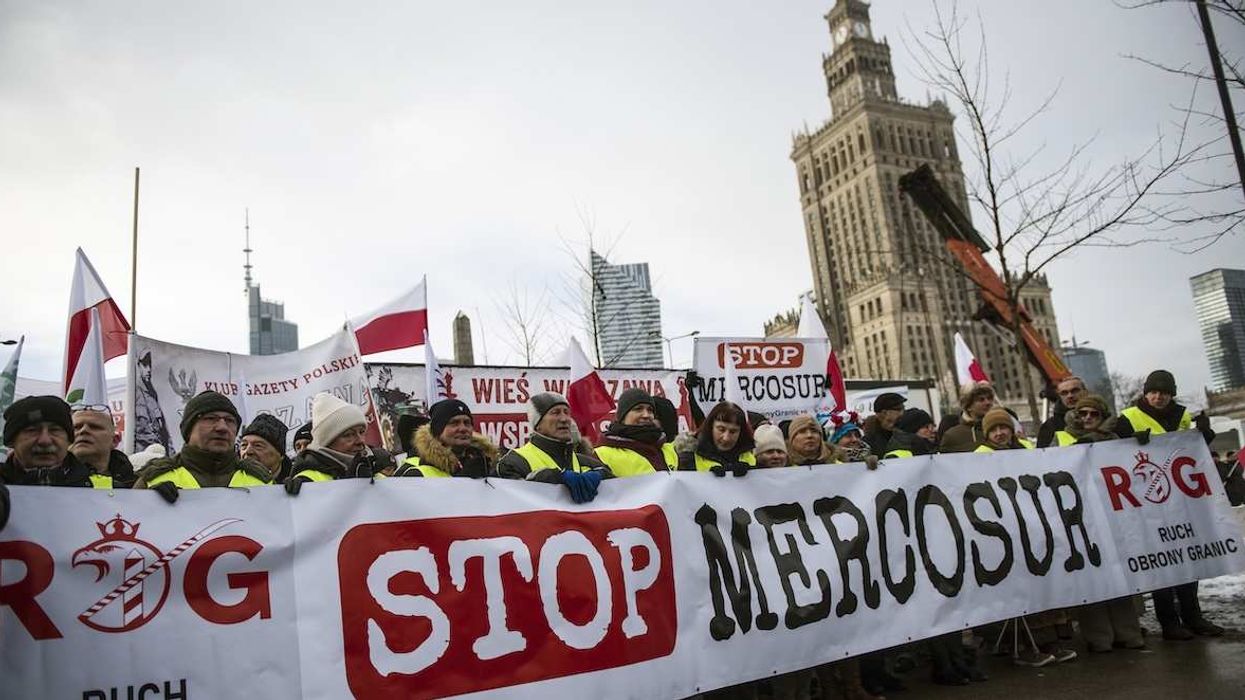Over the past three weeks, the war in Syria has taken a(nother) turn for the worse. Israel, Russia, and Turkey have all lost aircraft there. US-led forces have clashed directly with Russian-backed pro-regime militia fighters, Assad’s air force is ferociously pounding rebels, jihadists, and civilians in Idlib province, and Turkish troops are advancing against US-backed Kurdish militants along the northern border.
Why now? The kaleidoscope of interests in Syria is shifting again, in part because ISIS — the one constant enemy of everyone’s friend’s enemy’s friend — has been largely defeated, at least militarily.
But with ISIS out of the picture and the Assad regime’s survival now all but assured, the various players and proxies are pressing to maximize their leverage ahead of any peace settlement. In brief, who wants what?
Assad: reclaim as much territory from rebels and jihadists as possible ahead of peace talks that will doubtless confirm him as the leader of post-war Syria. For now this means bombing Idlib, one of the last strongholds of the insurgency and Al Qaeda-affiliated militants.
Turkey: prevent US-backed Kurdish militants from translating their military success against ISIS into external support for an autonomous Kurdish statelet in Northern Syria.
Russia: broker a settlement that makes Putin look like a wise and indispensable statesman on the global stage, while also securing Syria as a lily-pad for projecting Russian military power into the region.
Iran: secure Syria as a client state that acts both as a permanent land corridor linking Iran with its proxies in Lebanon and opens another proxy front line with long-time adversary Israel.
Israel: prevent Iran from doing just that — the downed Israeli jet was returning from a mission to bomb targets in Syria after Israel spotted what it said was an Iranian drone crossing into Israeli airspace.
Syrian Kurds: history hasn’t been kind to the hardy Kurds, but they’ll give it a go again: they want to translate their military success into political autonomy… this time inside Syria.
The United States: unclear — Trump has framed the United States’ relatively limited involvement primarily in counter-terrorism terms, leaving uncertainty about what, precisely, the US wants out of any political settlement. Washington’s initial “Assad must go” position is obviously a non-starter now.
